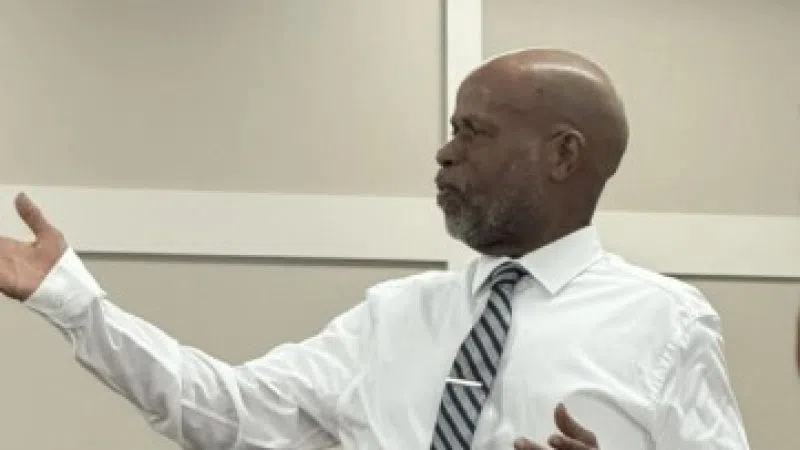Out now is And In The End: The Last Days Of The Beatles — one of the better books chronicling the breakup of the Beatles. 50 years after the group's split, author Kevin McNab has broken down the components as to how and why the “Fab Four” ended, chronicling the personal, musical, and business differences affecting the band.
McNab examines the various pieces of the puzzle — which mainly stem from the Beatles' company Apple, which had not quite turned into the free-for-all that history has pained it — but was still rudderless and hemorrhaging money. Another factor was John Lennon's waning interest in the band, his new marriage and creative partnership with second wife Yoko Ono, and their dalliance with heroin, which put up even more of a barrier between Lennon and his bandmates.
Other issues included George Harrison wanting equal time for his material during the band's sessions — with the same amount of interest and respect granted as he had shown Lennon and Paul McCartney over the years. Another crucial aspect to the band's split was down to Lennon and McCartney's songwriting publishing house — Northern Songs — being bought by music mogul Sir Lew Grade, after he obtained a majority stake in the company.
Perhaps the most decisive point of contention leading to the group's breakup was when Paul McCartney insisted his father-in-law and brother-in-law, Lee and John Eastman be brought in to counter the other Beatles' pick — Allen Klein — for the group's business manger.
In 2012 Paul McCartney sat down with old friend, the late-David Frost and recalled Allen Klein entering the Beatles' orbit: “He came over, he wanted the Beatles. He made it known that he wanted (to manage) the Beatles. He persuaded John and Yoko that he would be the great manager for the Beatles. He told Yoko he would give her an art exhibition in Syracuse — and then he got us all to pay for it. So, I mean, obviously, then she was on his side. And, y'know, Allen Klein, he would say, (adapts cartoonesque New York accent) 'Whaddya want — a million bucks? Y'got it!' So, this was a fairly persuasive (laughs) argument. But I went — ''Eh, eh, eh — wo, wait a minute. This doesn't look right to me.' So, I disagreed with the whole thing and it was not popular for that.”










